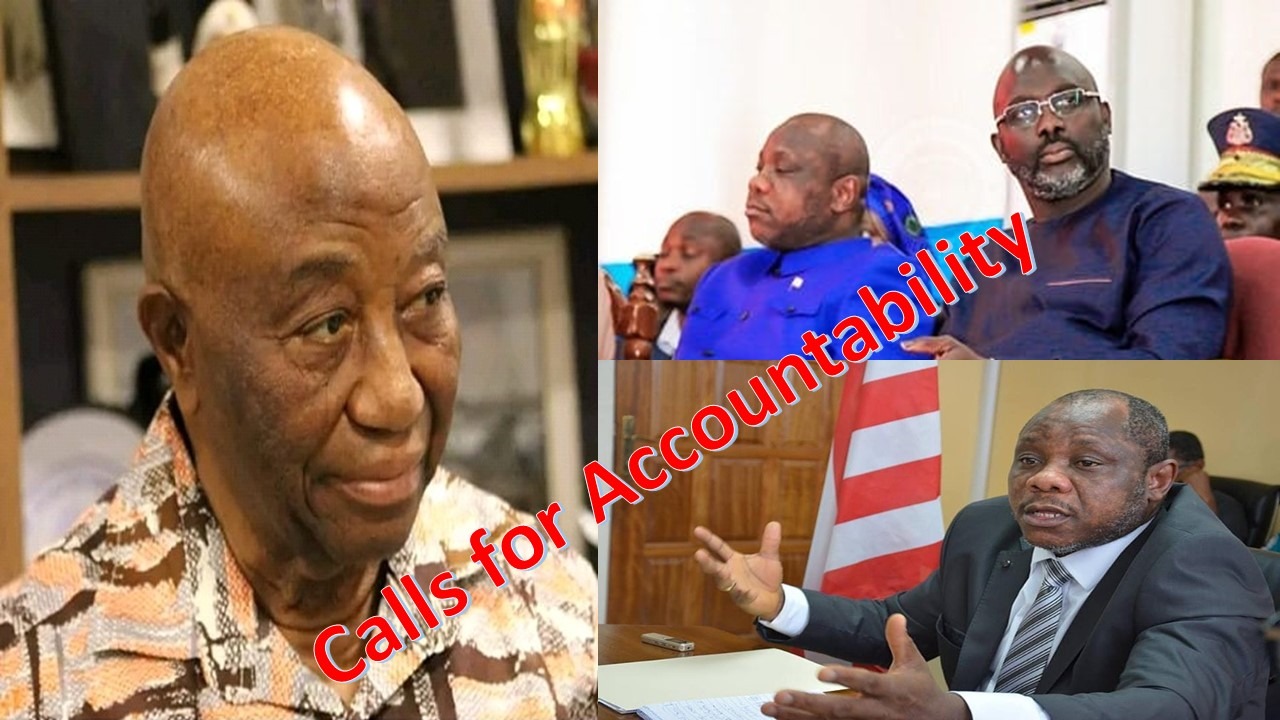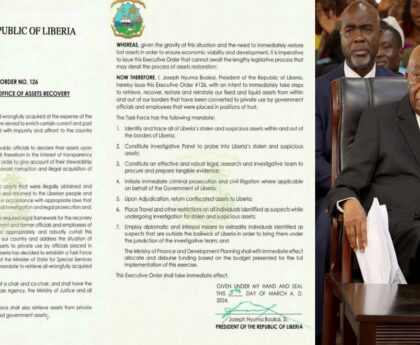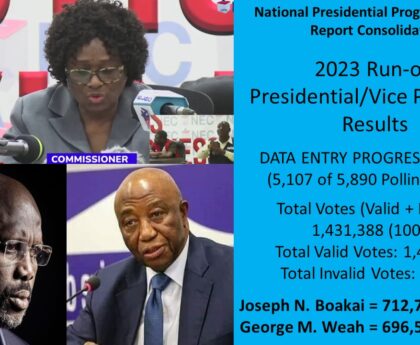In the wake of Liberia’s recent presidential election, a growing chorus of citizens is urging President-elect Amb. Joseph Nyumah Boakai to ensure that Minister of Finance, Samuel Tweh, remains in the country until an official forensic audit of his ministry is completed. The urgency behind this demand stems from a suspicious incident that occurred just 13 days before the run-off election – the arson or burning of the audit unit/department at the Ministry of Finance.
The targeted destruction impacted the physical audit unit situated in the southwest wing of the ministry, where crucial financial audit documents related to government transactions are stored. This act of arson has been labeled as criminogenic, raising serious concerns and serving as a red flag for the Liberian populace.
Accusations against Samuel Tweh are centering on his alleged role as a prime implementor of corruption and mismanagement of public funds within the George Weah administration. As the individual responsible for the allocation and disbursement of government funds, Tweh finds himself under intense scrutiny.
One of the key allegations asserts that Tweh has been involved in the acquisition of real estate properties in South Africa, Ivory Coast, Ghana, and other parts of the world using funds believed to have originated from the national coffers – an act perceived as corruption and embezzlement. These accusations strike at the heart of public trust, as citizens express deep concern over the potential misuse of their hard-earned tax dollars.
The call for a forensic audit is not merely a response to the suspicious fire that targeted the audit unit but also a broader demand for transparency and accountability within the financial operations of the government. The destruction of vital audit documents only serves to intensify suspicions and underscores the need for a thorough and impartial investigation into the financial affairs of the Ministry of Finance.
President-elect Amb. Joseph Nyumah Boakai is faced with the challenge of fostering public confidence in the government’s commitment to rooting out corruption and ensuring that public funds are used for the benefit of all Liberians. The demand for accountability is not just a political matter; it is a reflection of the citizens’ desire for a government that operates with integrity and transparency.
As the investigation unfolds, it will be essential for the President-elect to prioritize the completion of the forensic audit and to address the concerns raised by the Liberian people. The outcome of this process will not only determine the fate of Samuel Tweh but will also shape the perception of the incoming administration in its commitment to good governance and financial accountability.




